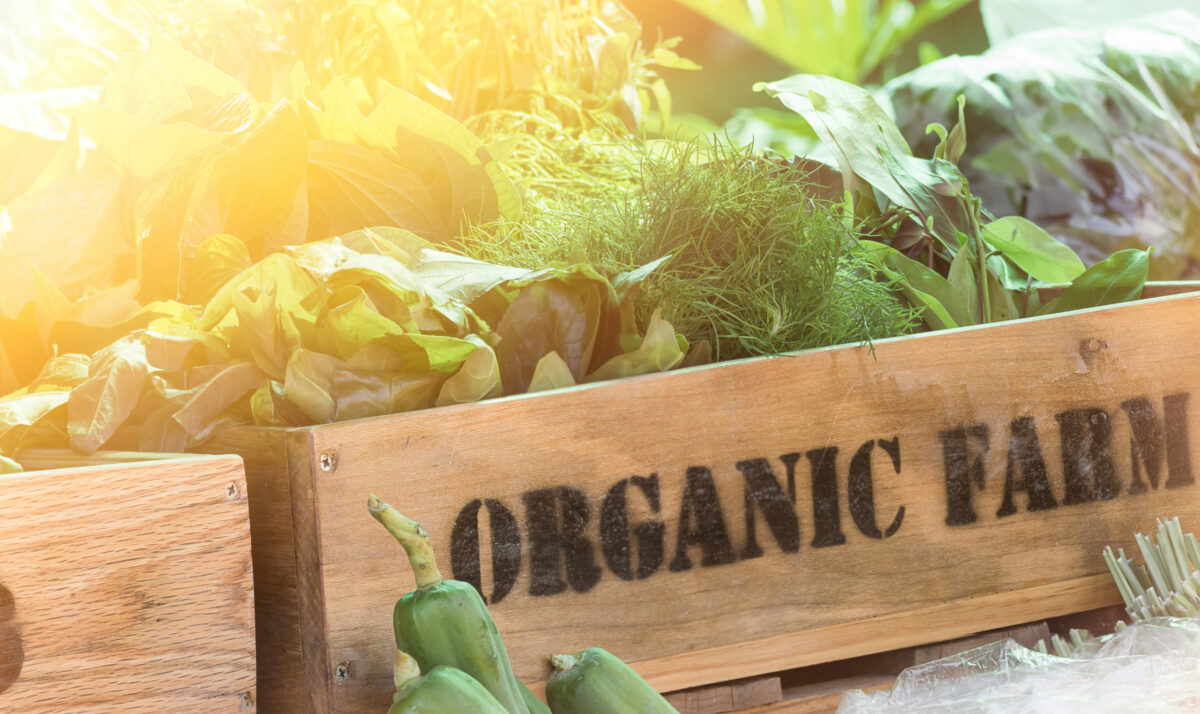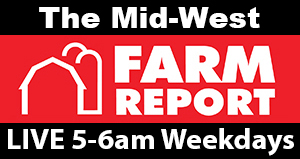
The U.S. Department of Agriculture is taking more steps to strengthen the market for domestically grown organic goods, and to support producers seeking organic certification.
Consumer demand for organically produced goods surpassed $67 billion in 2022. However, through public comment and listening sessions, USDA has heard that producers may be less willing to commit to the three-year transition to organic certification because of risks related to inadequate organic processing, storage, and handling capacity, cost barriers due to limited markets for rotational crops, a lack of certainty about market access, and insufficient supply of certain organic ingredients, such as feed grains.
These opportunities help address those challenges:
Organic Market Development Grants Program
Through the new Organic Market Development Grant Program, USDA’s Agricultural Marketing Service will issue up to $75 million in competitive grants to non-profit organizations, tribal governments, and state and local government entities to fund projects designed to expand and improve markets for domestically produced organic products.
OMDG is intended to increase the consumption of domestic agricultural commodities by aiding in the expansion of markets or development of new markets, marketing facilities, and uses for such commodities. For example, applicants may seek funding to develop and launch new consumer products using rotational grains, or invest in infrastructure like processing equipment to give producers better access to markets.
Through OMDG, AMS encourages applications that serve smaller farms and ranches, new and beginning farmers and ranchers, underserved producers, veteran producers and underserved communities.
AMS is accepting applications for the program now through July 10.
Cost Share for Organic Certification
As part of USDA’s broader effort to support organic producers and in response to stakeholder feedback, this year the Farm Service Agency increased the cost share amount under the Organic Certification Cost Share Program, which helps organic producers cover organic certification costs, to the maximum amount allowed by statute.
Specifically, FSA will cover up to 75 percent of costs associated with organic certification, up to $750 for crops, wild crops, livestock, processing/handling and state organic program fees (California only). OCCSP will cover costs incurred from Oct. 1, 2022, through Sept. 30, 2023.
FSA begins accepting applications for OCCSP on May 15. Applications are due Oct. 31. To apply, producers and handlers should contact the FSA at their local USDA Service Center. As part of completing the OCCSP application, producers and handlers will need to provide documentation of their organic certification and eligible expenses. Organic producers and handlers may also apply for OCCSP through participating state departments of agriculture.
Find more information about these initiatives and more: https://www.farmers.gov/your-business/organic/organic-transition-initiative

Leave a Reply